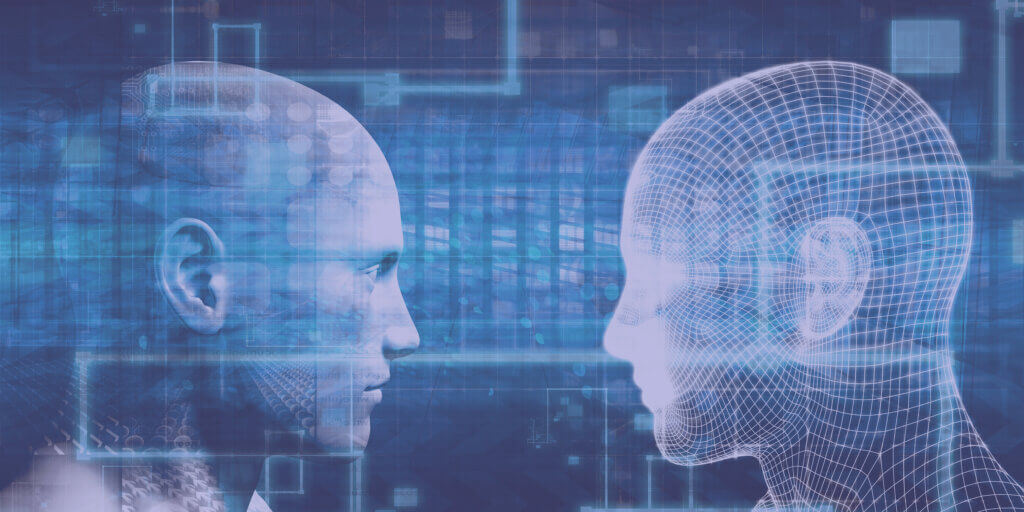Preparing to Become an Intelligent Enterprise: a Five-Tiered Approach
The fundamental distinction of the Intelligent Enterprise from its analog and digital predecessors is in the extensive use of data. While data is used today by businesses of all types, the sheer amount of data captured – both structured (e.g. databases) and unstructured (e.g. social media content) – is what is driving the Intelligent Enterprise.

Nearly every activity pursued today creates a trail of data. Every day 2.5 quintillion bites of data are created, and this is a number that is only going to become larger. We generate as much data in one day as our ancestors did in an entire lifetime. In a way, each human acts as a sensor in the planet’s nervous system. Governments, individuals and, yes, businesses like yours will determine the best way to utilize this data to improve life for each and every person on the planet. The data created as a person searches the internet, watches television, buys groceries and even visits the doctor is the fuel for the intelligence revolution. How this data is utilized is up to each company that has access to it. It is vital to capture this data clean from IT insights and respond quickly, so that customers do not wander off to your competitors.
While there are many facets to a successful cognitive-based firm, intelligent enterprises will, at a minimum, be personalized, secure, productive and open.
Moving from the digital world to one powered by intelligent systems requires making many internal transformations. For those enterprises that are stuck with one foot in the analog age, it is entirely possible to leapfrog from your current position to the intelligent frontier by pursuing these five areas:
- Understanding the Customer: Your customers’ needs and expectations are different than they were five years ago. Staying aligned with these expectations is critical. Fortunately, the entire fuel for the Intelligent Enterprise – data – will give you this understanding.
- Understanding the Technology: While there are technology changes that underpin the Intelligent Enterprise (e.g. Big Data, advanced analytics, artificial intelligence, etc.), there is less involved in this area than you may think. The technology already exists. It is simply a matter of putting it in place in a way that works for your firm.
- Shaping the Company Culture: The company must be ready to handle the changes that migrating to an Intelligent Enterprise will bring. This means shaping the company culture to encourage and reward change. Enterprises will need to be more agile and risk tolerant, including a willingness to fail and learn.
- Considering the Ethical Component: As the evolution to the Intelligent Enterprise takes hold, companies will have to make decisions about how they will handle data and potential ramifications. We cannot underestimate the importance ethics plays in the relationship between companies and their customers.
- Shaping IT as a Function: As technology continues to be the foundation for nearly every area in the business, the role of the CIO and the entire IT function will become more about strategy and business enablement. The IT function will need to be agile and move at the speed of the business, and even lead the business in many cases.
To learn more about becoming an Intelligent Enterprise, download our latest white paper, “How to Avoid Extinction in the Age of Digital Disruptive Technology.”

